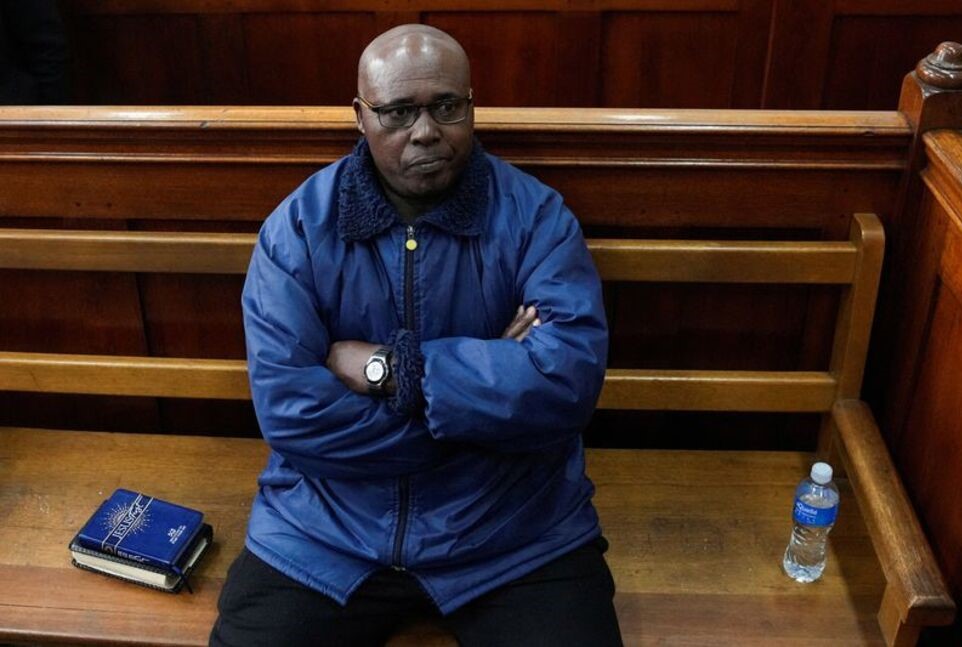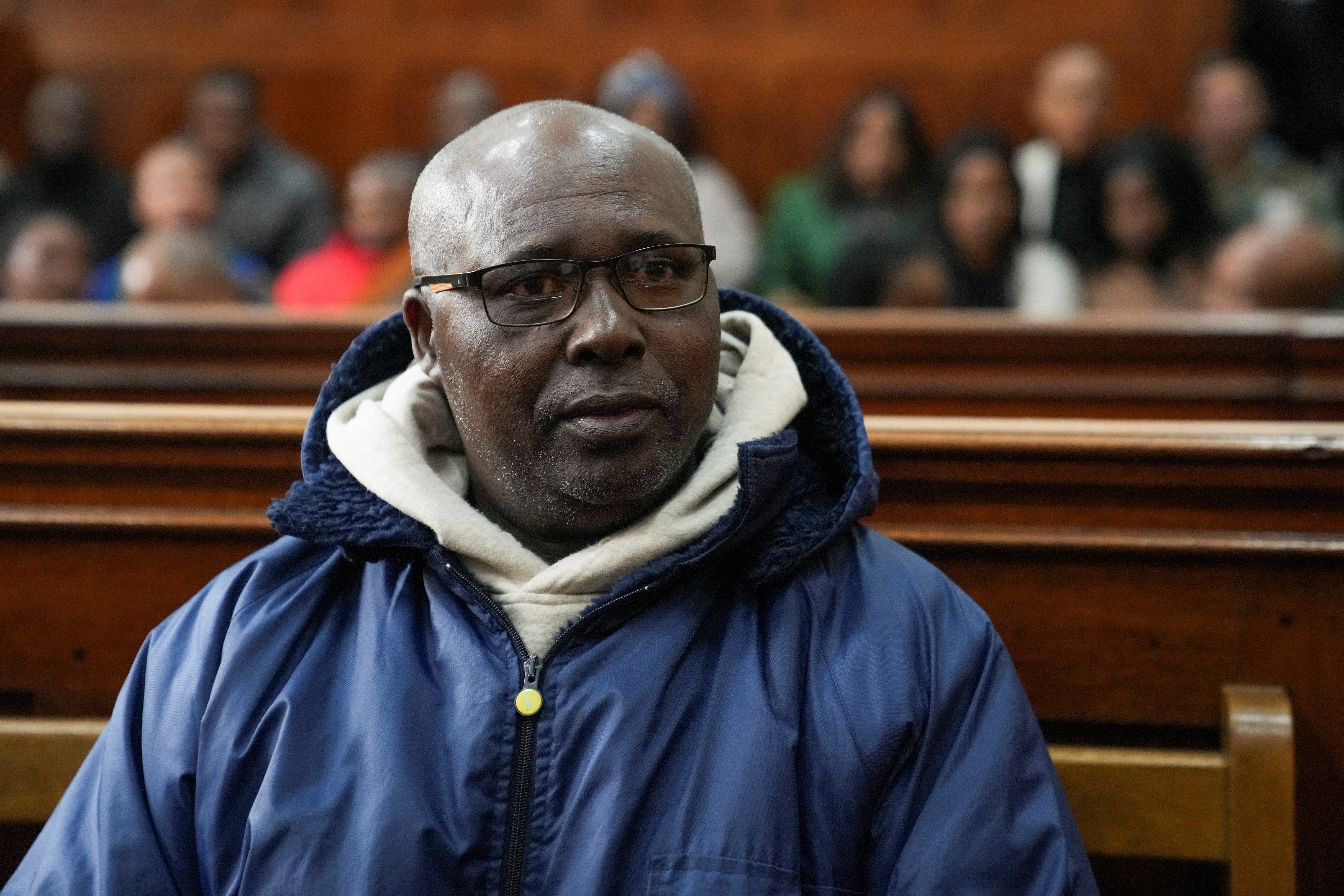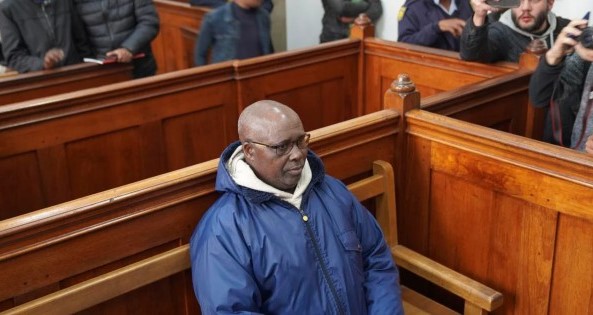International
Africa’s failure to bring Genocide suspects to book is a betrayal to Rwanda

More
than one million people were mercilessly slaughtered during the 1994 Genocide
against the Tutsi in Rwanda.
Not even
one UN member state severed diplomatic ties with Rwanda and expelled Rwandan
ambassadors when the then government in Kigali was overseeing the mass murder
of innocent people.
Today,
some of the thousands of perpetrators have served their sentences, others are
still in jail, while others fled the country and found safe haven in other
countries, especially on the African continent.
Related: Genocide
fugitives hiding in plain sight
Rwanda’s
Genocide Fugitives Tracking Unit (GFTU) indicates that there are over 1,100
Genocide fugitives in almost 33 countries.
Half
of these criminals are in African countries.
According
to the GFTU, 408 are in the neighbouring Democratic Republic of Congo (DRC),
277 in Uganda, 63 in Malawi, 52 in Tanzania, 47 in France, 42 in Congo
Brazzaville, 10 in Cameroon, seven in Gabon, while South Africa hosts five, and
Ivory Coast, three. Zimbabwe, Swaziland, Ghana, and Benin, also host two, each.
Other
hosts are Kenya where 35 Genocide suspects are believed to reside, Zambia and Burundi
harbor 15, each, Mozambique hosts 13, and 11 are in the Central African
Republic.
To
date, no single African country has tried any Rwandan genocide suspects on its
soil.
The June
11 deportation of genocide suspect Théoneste Niyongira, also known as Kanyoni,
from Malawi, and the May 24 arrest of Fulgence Kayishema, in South Africa, are
commendable but more needs to be done. African countries aught to take the lead
in fighting impunity when the cases involved are about genocide and crimes
against humanity.
Related: Mass
murderer Kayishema finally arrested; who’s next?
The
government of Rwanda on several occasions expressed its concern about African
countries which have done so little, or nothing, to bring the suspects to book
despite the fact that in some of these countries laws punishing genocide crimes
were initiated.
Among
the key aims of the African Union is to encourage international cooperation,
something that African countries are failing at when it comes to bringing
génocidaires to book and allowing Genocide victims to see justice being served.
On
several occasions, the International Residual Mechanism for Criminal Tribunals
(IRMCT), has criticized states for their lack of cooperation to locate and
arrest Genocide fugitives. The Mechanism’s requests are ignored despite the
availability of overwhelming evidence about their whereabouts.
In
some countries, authorities are known to go as far as asking for bribes to be
able to conduct investigations on Genocide suspects who are peacefully living
in their countries.
Three
decades after the 1994 genocide, African nations still need to be reminded that
it is not too late for them to act on the hundreds of indictments that are
gathering dust in offices of their judicial organs.
As
fellow Africans they must set the pace for countries on other continents in
terms of bringing to book fugitives who are responsible for the death of over a
million people in 1994.







